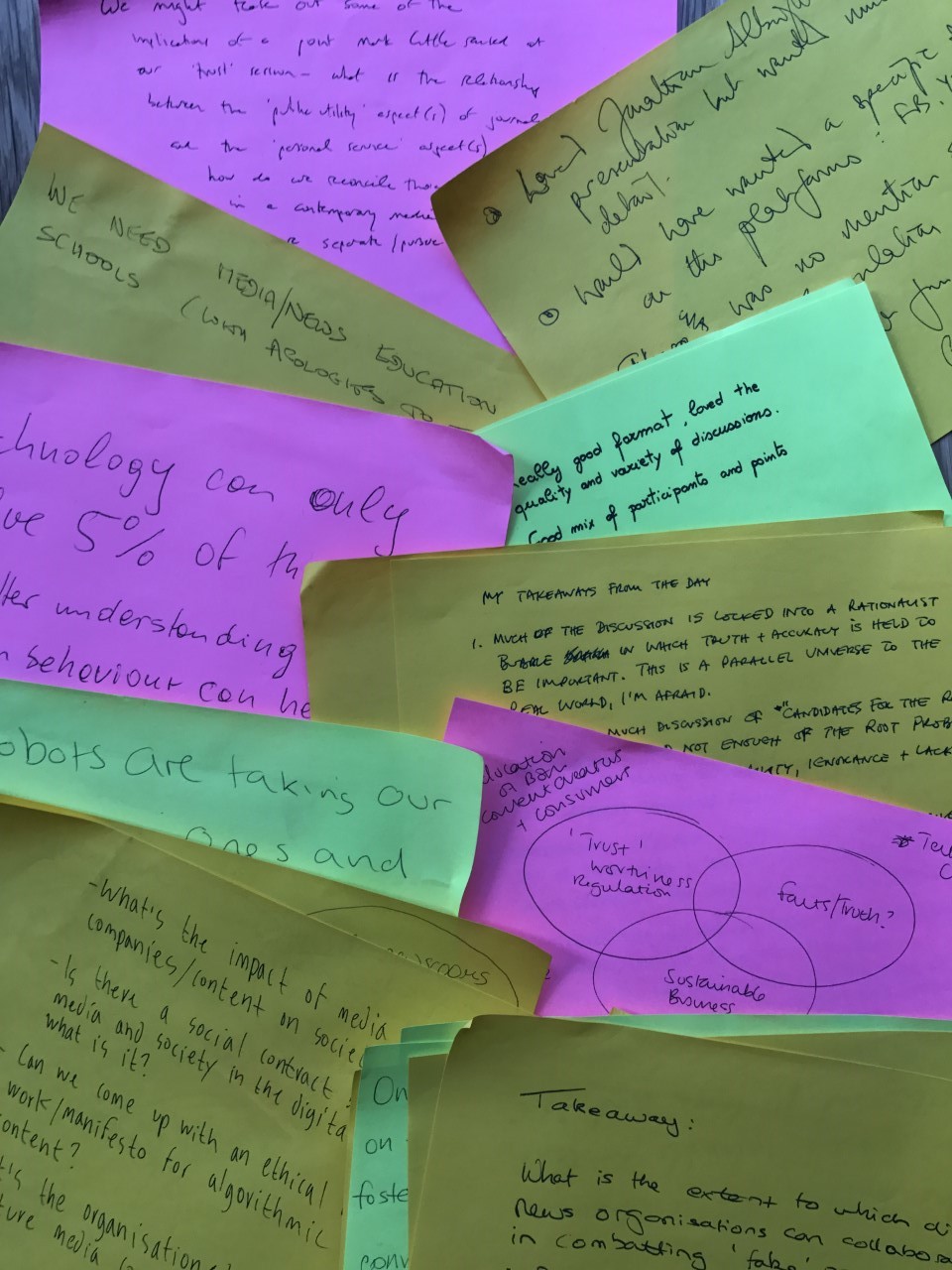
American Polis intern Alex Steven Forbess reports on the US midterm elections as seen from London and reflects on how national media cover other countries polls.
If anyone wants to understand how the United States seems to act chaotic while maintaining a smiling face, my advice is to stay alert whenever a major election occurs.
By the time I have published this article, the 2014 US midterm election would have closed and Republicans are celebrating because they not only reached their goal of earning seven more seats in the Senate but they also increased their presence in the House of Representatives, earning 12 more seats. While the final voting ballots still being counted, the most updated result shows Republicans earned 52 out of 100 seats in the Senate and 241 out of 435 seats in the House, according to FOX News.
While I set aside my informative rant on how Democrats blew their shot of rallying support, again, I was curious to look at how other international news organisations were covering the event, compared to its American competitors such as ABC or FOX News. For arguments sake, I’ll use the BBC World News and Aljazeera in this observation.
However, no matter which news website I browsed through, I found the same, homogenised coverage being produced. Whether it was the BBC or ABC, they all had reporters providing tweets, live coverage and revealed the appalling, but not new, topic of “dark money” sent from anonymous special interest groups to fund both main political parties, which totaled to $900mn out of the overall $3.67bn (£2.29bn) according to the BBC.
Theatre of News
Of course there were some news shows that were more theatrical than others, most noticeably in the States. For example, Todd Starnes from FOX Strategy Room displayed handwritten posters saying the FOX viewers wanted Republicans “to repeal Obamacare by any means necessary;” he also stated voters between 18 to 24 years old were less concerned about the “cultural wars such as gay rights” and more concerned about gun ownership, which is shown in this link.
BBC’s North America editor Jon Sopel was prompt to write an article this morning about Kentucky Senator Mitch McConnell’s new, presumptive power as the next Senate majority leader, along with President Obama’s increased isolation in the White House, which all can be found in this link.
The only exciting thing I can say is that the world was watching, even if this just was a midterm election. When I went to lectures within the past couple weeks, I’ve had both informative and frustrating comments about the bipolar environment in Washington, D.C.
However, this realisation got me thinking about the 2015 UK election. With all the anticipation building up within the next six months, from Westminster to Polis, I already knew this type of energy will not be as prominent back at the States.
Scottish Vote Coverage
Looking back at the Scottish Referendum, most international news outlets were staying updated well before 18 September came for Scotland to say “yes” or “no.” But there were a few that didn’t provide equal coverage, and one of them just happened to be the fair, balanced United States of America.
I arrived in London around late-August but regardless where I was at the time, I could easily have found articles and video segments on Aljazeera that covered the event. When I was asking friends back home if the Referendum was getting any traction back home, it wasn’t until maybe within the final week they noticed a sound bite or an article from NBC or ABC News
I am still laughing when I re-read an article written by a New York correspondent of the Guardian, Nicky Woolf. The summary is that regardless of the outcome and potential ramifications it could bring to Washington, US officials and the public just didn’t care.
There was a minority amongst US citizens, including me, that was interested in the Referendum results but even I was stubborn to figure out why America wasn’t paying attention. Like the US midterms, the Referendum was a domestic issue that could produce international effects.
Now that that world watched the US, it seems that the world is watching how it will provide, or at least try to provide, the same, quality coverage for the UK. If the US didn’t think the Referendum would affect them, they have another thing coming if they ignore the results on 7 May.
This report by Polis intern Alex Steven Forbess





